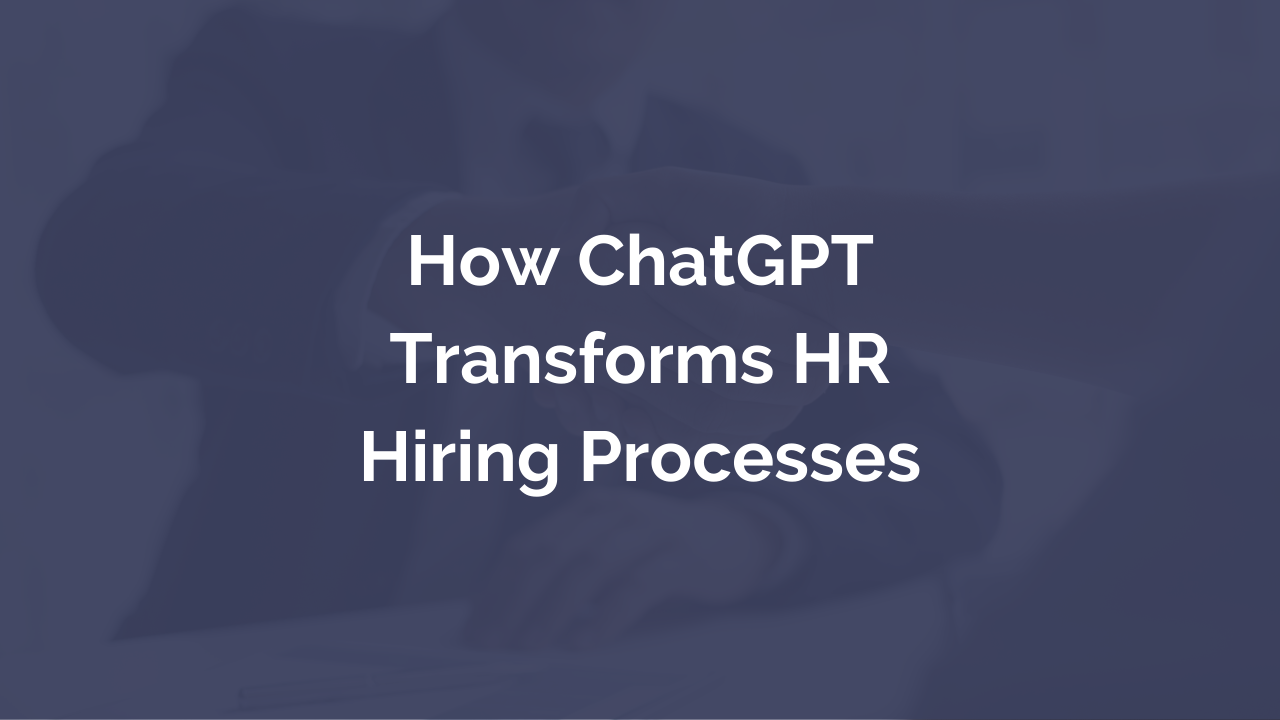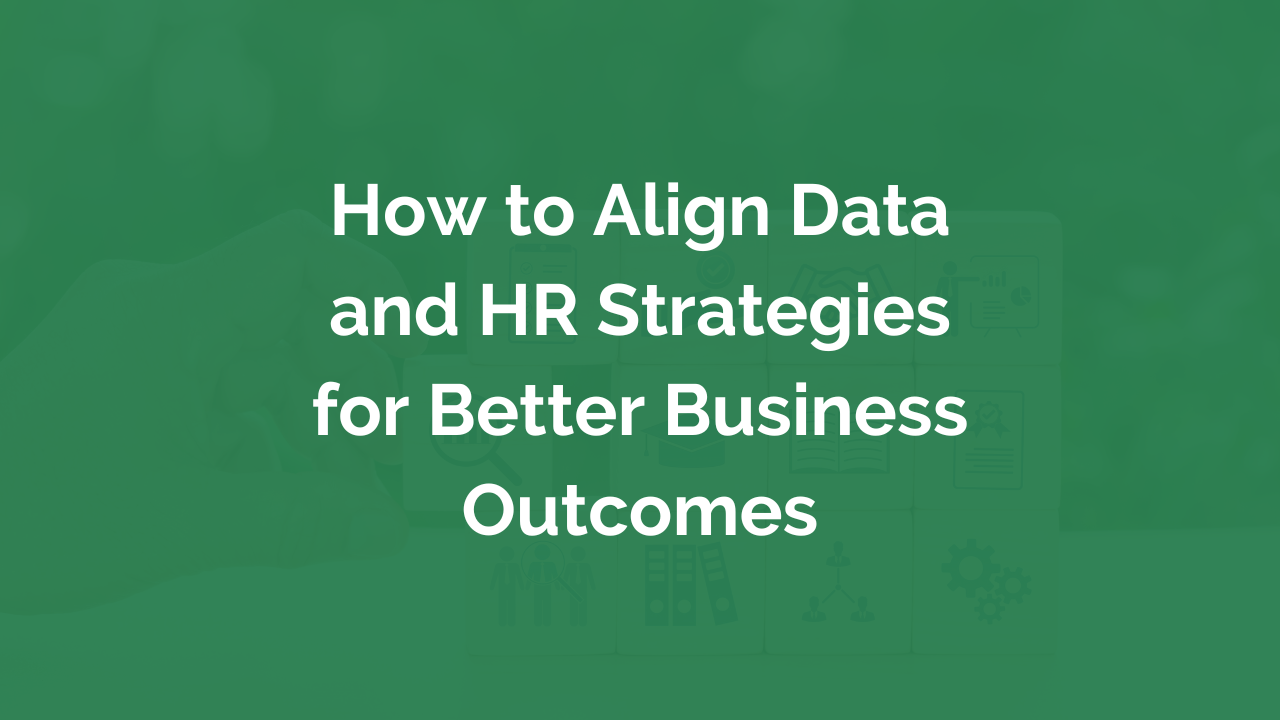In this fast-paced digital world, where the race to attract and secure the best talent is more intense than ever, traditional hiring processes no longer cut it. Gone are the days when HR professionals could afford to spend hours reviewing stacks of resumes and conducting time-consuming interviews.
Read MorePeople analytics is growing. This is evident from the continued investment that global organisations are making in their people analytics functions, the increase in influence of people analytics leaders within companies, and the growth of the human resources (HR) technology market. Coupled with this growth, in today’s fast-changing business landscape and with such rapidly evolving technological advances, the importance of being proficient in data literacy – in general, and for HR in particular – has become more critical than ever.
Read MorePerformance reviews, one-to-one meetings, and employee surveys have long been the go-to methods for obtaining employee feedback. And while these traditional methods will always have their place, the fact that we tend to hold performance reviews, or send employee feedback surveys bi-annually, begs the question: how relevant are the insights? And can you truly rely on these insights, when they can often be subjective to an individual's perception and prone to biases and even lead to unfair treatment?
Read MoreI’ll say it: traditional employee engagement strategies, such as sending out the same old questions once a year, just aren’t cutting it anymore (or shouldn’t be). First, they don’t give us real insight into what employees are actually experiencing in their day-to-day lives. Secondly, they don’t help us gather the deep data needed to make meaningful organisational changes. Sure, At a surface level – but are you only interested in the surface?
Read MoreWhen servicing your car, you want to ensure the investment is worth it. You want to know precisely what you are paying for and the benefits it will bring. You expect an accurate report on how well your car is running, what needs to be done to improve its performance, and the return you can expect on your investment.
Read MoreIn recent years, people analytics as a function has undoubtedly stamped its mark on the business world. Allowing organisations to understand better and predict their human resources has proven itself as a critical source of business value creation in both small and large businesses alike.
Read MoreIn a time where organisations strive to enhance productivity, combat employee burnout, and stay ahead in a competitive market, understanding and managing EX have become the key differentiator for any successful business. Organisations that recognise these shifts in the macro work environment and prioritise how they listen, measure, and act on employee feedback will be best positioned to compete for talent, positively impact employee retention, improve employee engagement and increase the productivity and satisfaction of people at work.
Read MoreIf you think back 20 years ago, people analytics was nothing but a twinkle in the eye of HR professionals. Fast forward to today, and it’s one of the biggest value drivers for HR. To drive successful HR and organisational transformation, leveraging people analytics for better decision-making has become essential to any Human Resource strategy. And as we move from traditional methods of managing people to more automated, data-driven approaches, people analytics has become the bridge between HR and strategic business objectives.
Read MoreNew technologies, shifting demographics, wage inflation and global competition, have pressured organisations to stay ahead of the curve. With the exponential adoption of artificial intelligence (AI) shaping the future of work, the World Economic Forum’s research has predicted that 50% of jobs will change by 2025.
Read MoreFor decades, the HR function has always been seen as the support function of an organisation that focuses on employee benefits, payroll and administration. As the business landscape evolved and C-level executives realised the importance of HR in achieving successful business outcomes, the HR function has become a critical part of all organisations. HR departments need to arm themselves with HR analytics to be strategic partners. After all, data can drive insights and decisions that can help organisations improve employee engagement and reduce turnover in ways that genuinely create tangible business outcomes.
Read More









